How Long Does It Take to Become a Plumber? That’s a question many people ask before stepping into the plumbing trade. You don’t want to start a career without knowing how long it will take. Becoming a plumber is not something you do overnight.
It involves education, training, and licensing. The journey requires both time and dedication. Some people finish faster, while others take longer depending on the path they choose. In this guide, you’ll learn about the steps, timelines, costs, and real-world examples so you can see if plumbing is right for you.
Read More : What color side goes with a copper Roof?
Why Timeline Matters

The timeline to become a plumber matters because it shapes your career path and financial future. If you want to enter the workforce quickly, plumbing can be attractive since you start earning during training. Still, it takes several years to reach full licensing.
Knowing what to expect also helps you plan for costs, schooling, and apprenticeship commitments. Without this understanding, many beginners give up halfway. A clear timeline keeps you motivated.
Prerequisites Before Training
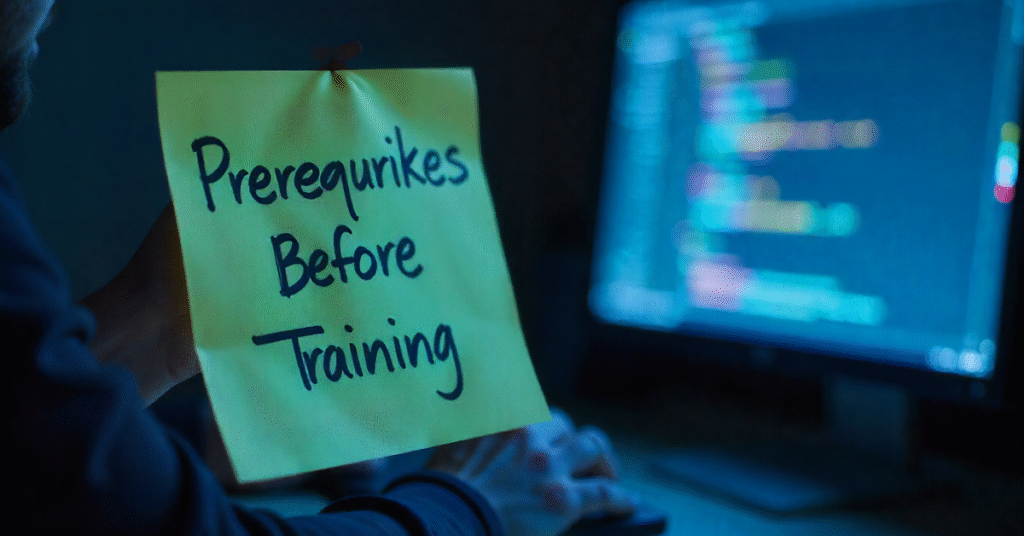
You can’t start plumbing training without meeting certain requirements. At a minimum, you need a high school diploma or GED. Math and science skills are important since you’ll be working with measurements, pressure, and design.
Mechanical skills also help. If you’ve fixed pipes at home or worked with tools, you’ll adapt faster. Some states also require you to be at least 18 years old before entering an apprenticeship.
Training Pathways

There are different ways to become a plumber. Some people join a trade school or vocational program. These schools teach the basics in classrooms and workshops. Others start directly with an apprenticeship through a union or private contractor.
Union apprenticeships are structured and often provide strong benefits. Non-union paths can be quicker but vary in quality. Some students use trade school first to shorten their apprenticeship later.
Plumbing School Duration

Plumbing school is not very long compared to college degrees. Most certificate programs last about 6 to 12 months. If you want a deeper study, you can choose an associate degree which takes 2 years.
Not every state requires plumbing school. Some allow you to skip directly to apprenticeship. Still, schooling helps if you want a faster start.
Apprenticeship Training
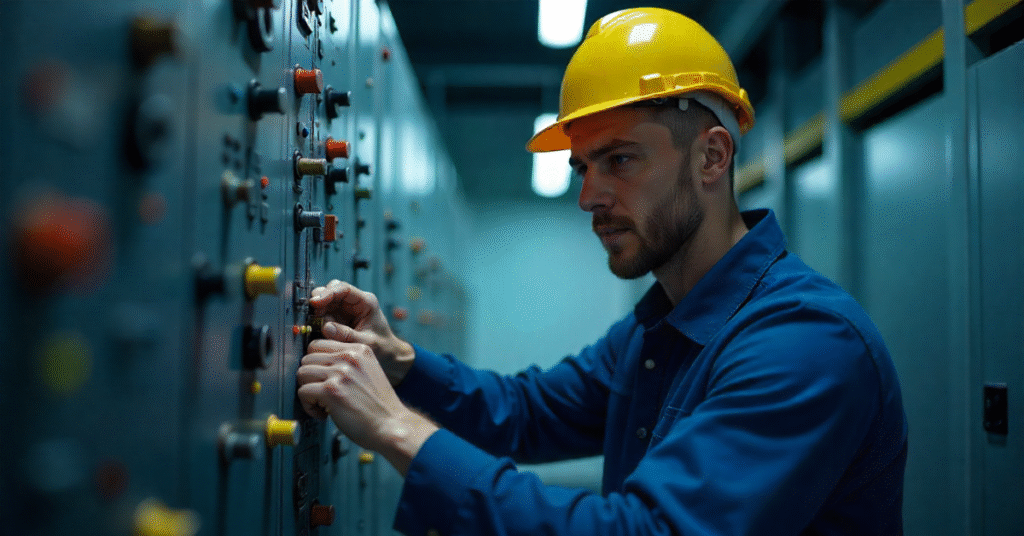
Apprenticeship is the main step in becoming a plumber. It usually lasts 4 to 5 years. During this time, you work under licensed plumbers and also attend classes.
What makes apprenticeship unique is that you earn while you learn. The pay starts lower but increases each year as your skills grow. This makes plumbing different from careers that require years of unpaid schooling.
Licensing and Certification
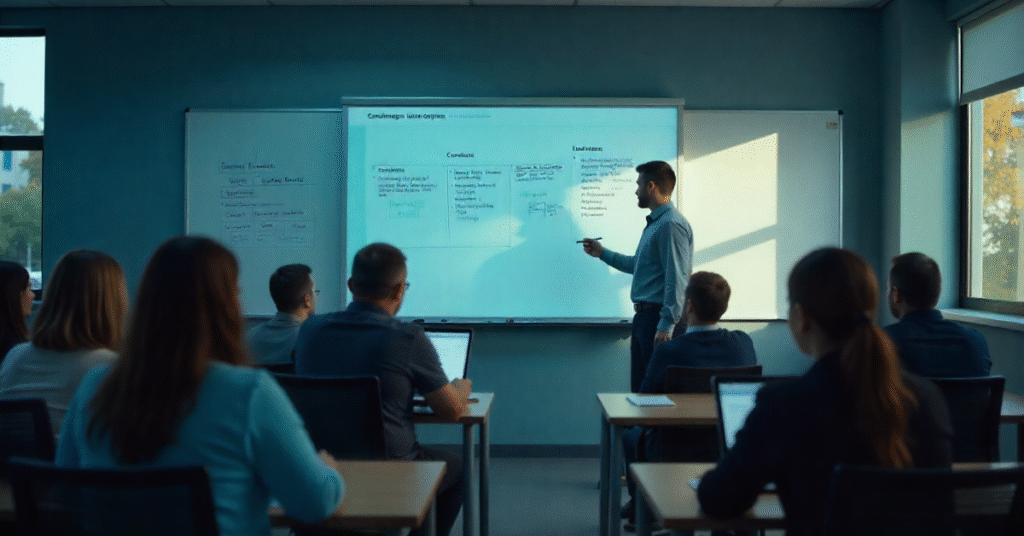
After your apprenticeship, you must get licensed. Licensing rules change by state, but most require passing a written exam. This exam tests knowledge of plumbing codes and safety standards.
Some states also offer different levels, such as journeyman plumber and master plumber. Moving from journeyman to master can take several more years and requires more testing.
Timeline Breakdown
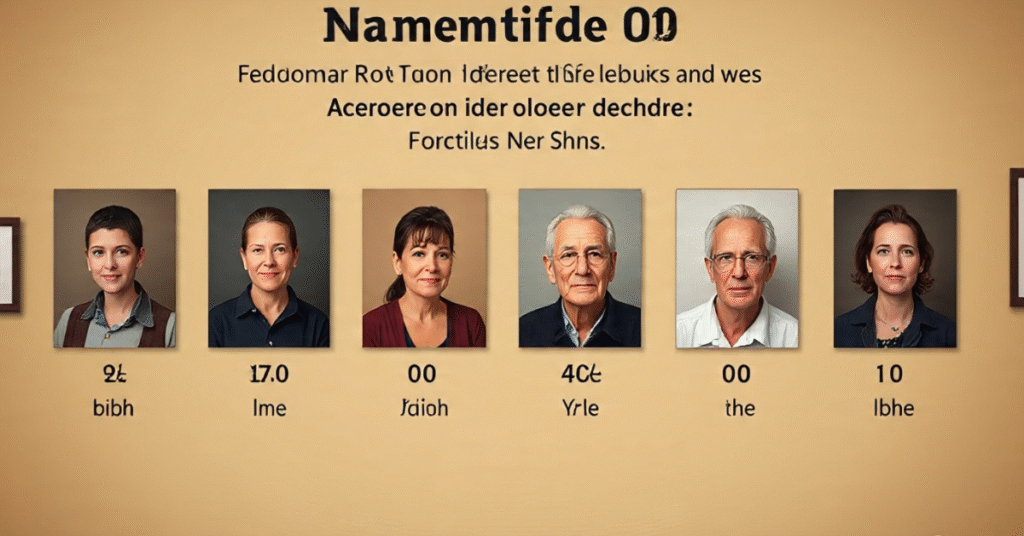
The full timeline to become a plumber depends on your choices. The fastest path is trade school plus a shorter apprenticeship, which may take 4 years total. The average path is about 5 to 6 years from start to finish. The longest path, including extra schooling or delays, can take 7 to 8 years.
Factors That Affect Time

The timeline can speed up or slow down depending on several factors. State laws play a huge role since licensing exams and requirements vary. Union programs often take longer but provide more benefits.
Your own progress also matters. Some apprentices finish classroom hours quickly, while others take more time. Job market conditions, availability of mentors, and personal discipline all influence the journey.
Career Growth After Licensing

Once you get licensed, you can work as a journeyman plumber. This allows you to handle jobs on your own. With more experience, you can apply to become a master plumber.
Specializing in areas like gas fitting, commercial systems, or pipefitting also opens more opportunities. Many plumbers eventually start their own businesses, which offers higher earnings and independence.
Cost and Investment

The cost of becoming a plumber depends on the path. Trade school programs can range from $3,000 to $10,000. Apprenticeships usually don’t cost money, but you might pay small fees for classes.
While training, you earn wages as an apprentice. This helps cover costs and reduces debt. Once licensed, plumbers can earn between $55,000 and $75,000 per year, with higher pay in large cities.
Plumbing vs Other Trades
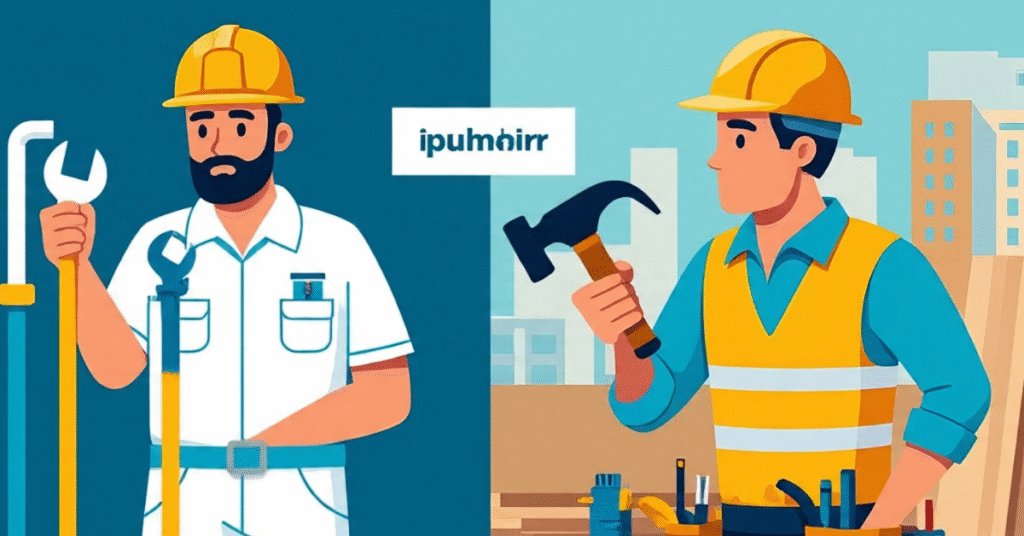
Compared to other trades, plumbing has a moderate training length. Electricians usually train for about 4 to 5 years, HVAC techs can finish in 6 months to 2 years, and welders often train in less than a year.
Plumbing takes longer than HVAC or welding but is similar to electrical work. The pay and job stability in plumbing are strong, making the longer training worth it.
| Trade | Training Time | Average Pay |
| Plumbing | 4-6 Years | $55,000-$75-000 |
| Electrition | 4-5 Years | $50,000-$70,000 |
| HVAC Tech | 6 months-2 year | $45,000-65,000 |
| Welder | 6 months-1 year | $40,000-60,000 |
Case Studies
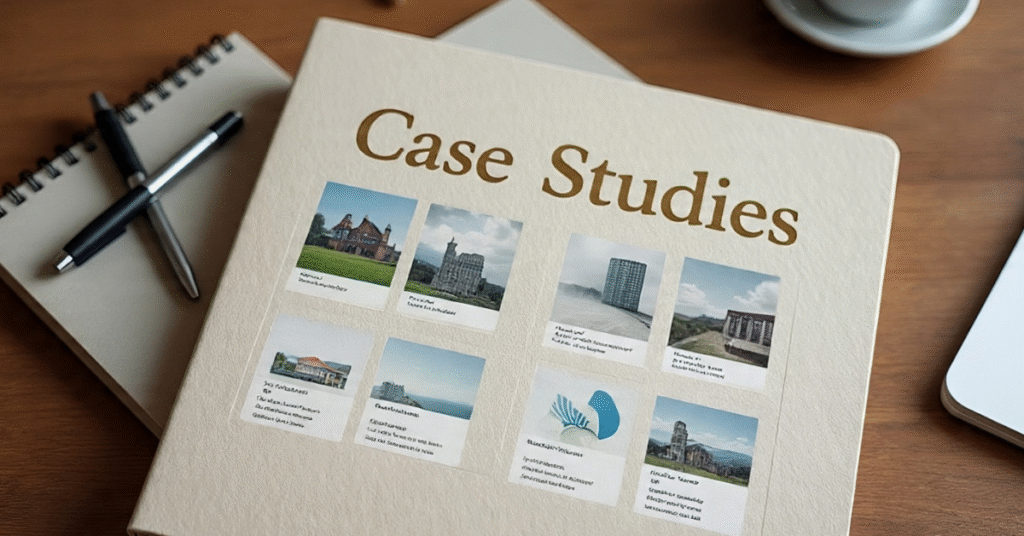
Consider Alex, who joined a union apprenticeship at 18. By age 23, he became a licensed journeyman and was earning $65,000 yearly. His path took 5 years.
Maria chose a trade school first. She finished in one year and entered a shortened apprenticeship. She became licensed in 4 years total.
On the other hand, John delayed his exams and had to repeat some classes. His journey stretched to almost 8 years before he finally got licensed.
You will like : How to Repair Granular Loss on the Roof Without Replacing It
Pros and Cons
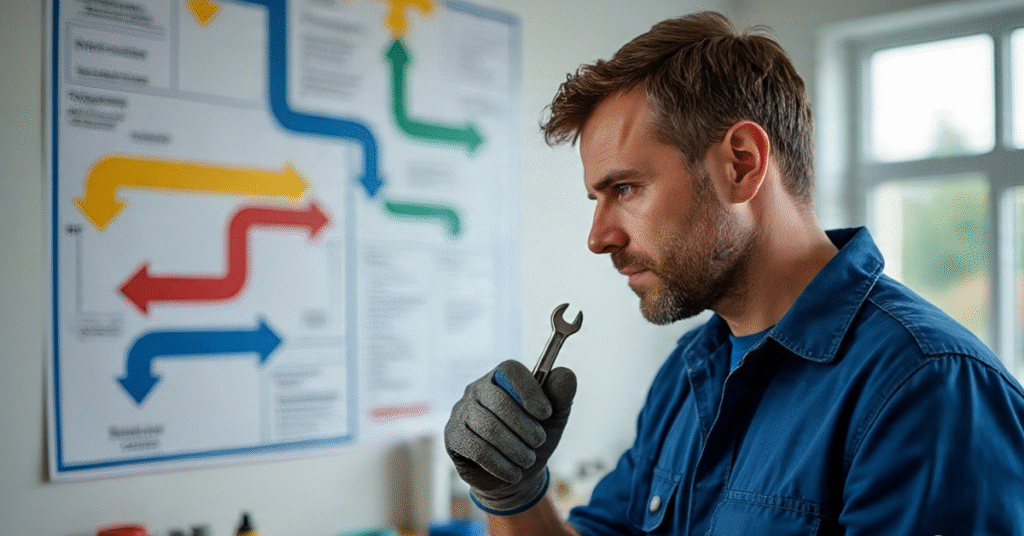
The long training time has both benefits and drawbacks. On the positive side, you earn while you learn, there’s steady demand, and the career offers good pay. On the negative side, the apprenticeship is long, the job is physically demanding, and licensing rules can be strict.
Knowing both sides helps you prepare for the journey and decide if it matches your goals.
Job Outlook

The demand for plumbers is growing. According to the Bureau of Labor Statistics, plumbing jobs are expected to increase by about 2% to 5% in the next decade. A shortage of skilled tradespeople also makes licensed plumbers valuable.
This outlook means that even though training takes years, the career offers long-term stability and security.
Tips to Shorten the Process

If you want to speed up your journey, choose a trade school that partners with apprenticeship programs. This often reduces the number of required apprenticeship years.
Studying early for licensing exams also prevents delays. Staying consistent with your classes and work hours will keep you on track.
Mistakes That Slow You Down

Many trainees waste time by switching programs midway or failing exams. Not tracking classroom hours can also cause problems. Missing work hours during apprenticeship may extend your training.
Avoiding these mistakes keeps your timeline closer to the average 5 to 6 years.
FAQs
Can you become a plumber without an apprenticeship?
No, almost all states require apprenticeship as part of the training process.
Do plumbers make good money?
Yes, licensed plumbers often earn between $55,000 and $75,000 yearly, with higher pay in big cities.
How long does plumbing school take?
Certificate programs take 6–12 months, while associate degrees last 2 years.
Is plumbing harder than being an electrician?
Both take similar time, but plumbing is more physically demanding, while electrical work is more technical.
Can you speed up the timeline?
Yes, trade school plus focused apprenticeship and early exam prep can shorten the process.
Conclusion
So, How Long Does It Take to Become a Plumber? The truth is, most people spend 4 to 6 years from start to finish. Some finish faster, and others take longer depending on their path. While it requires patience, the reward is a stable and high-paying career. If you stay consistent and focused, you can build a long-lasting future in the plumbing trade.

